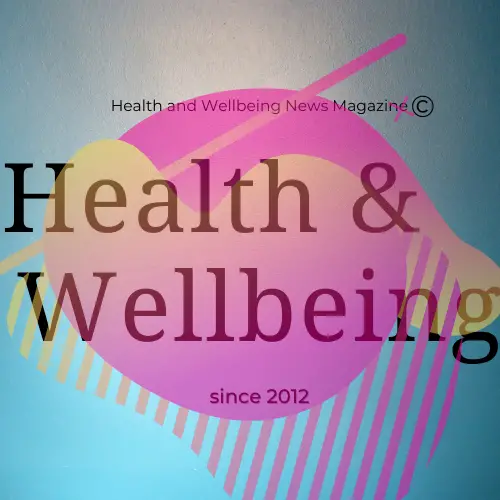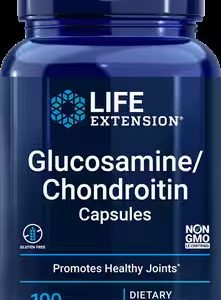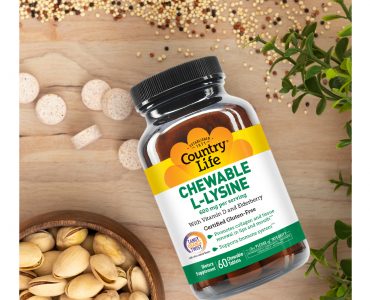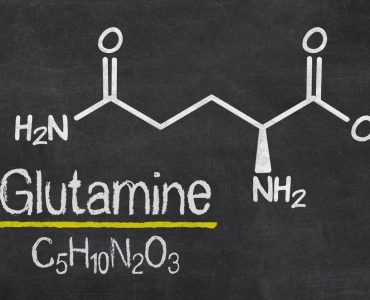Water soluble nutrient also known as Vitamin B7, Coenzyme R, Factor W, Factor S, Factor H, Factor X and Vitamin H. It is part of the vitamin B complex and is involved in energy production, carbohydrate, protein and fat metabolism, skin, hair and nail health.
| Function | How it helps |
|---|---|
| Essential coenzyme | Needed for the conversion of glucose from dietary carbohydrates into energy; the building and metabolism of proteins; nucleic acid synthesis; the production and metabolism of fatty acids; and the activation of folic acid. |
| Hair Skin & Nail Health | Benefits general scalp health, it’s role in protein utilisation and fatty acid synthesis and metabolism help to justify its popularity as a supplement for general hair quality and growth. |
| Blood Sugar regulation | Proper glucose metabolism is dependent on adequate biotin intake |
What is Biotin used for? |
|
|---|---|
|
Seborrheic dermatitis including “cradle cap” |
Alopecia, when associated with seborrheic dermatitis |
| General nail, skin, hair and scalp health | Dandruff |
| Brittle nails | Hyperglycaemia |
Vitamin B7 Biotin Best food sources |
||
|---|---|---|
|
Whole wheat |
Brown rice |
Nuts |
|
Liver |
Cheese |
|
|
Oatmeal |
Mushrooms |
Cauliflower |
| Dark green vegetables | Egg yolk | Fruit |
Vitamin B7 Biotin Deficiency Symptoms |
||
|---|---|---|
| Seborrheic dermatitis including “cradle cap” | Grey skin tone | loss of appetite |
| Nausea | Dandruff | Skin rash |
| Fatigue | ||
Supplementation dosage range
100-1000mcg per day
Other information
Cradle cap in breastfed babies seems to improve when the mother eats more biotin rich foods.
Cautions
No known toxicity for levels found in supplements.
High doses of single B-vitamins may deplete other B-vitamins; therefore if high doses are required, supplementation with a multivitamin or B-complex is advised.
Please note: Especially in babies, intestinal defects in absorption or cell binding can lead to deficiencies even where intake and production by intestinal bacteria are sufficient. Both adults and children are at greater risk of deficiency in cases of long-term therapy with prescribed antibiotics.
Factors which deplete levels, impair absorption and/or inhibit activity: |
||
|---|---|---|
|
Consumption of raw egg whites |
Antibiotics |
Oral contraceptives |
|
Alcohol |
Diuretics |
Stress |
|
Tea and coffee |
Stress |
|
Here are some of the amazing things Biotin can do for you:
- Boosts Hair Growth and Strength: Biotin helps produce keratin, a protein that forms the building blocks of hair. This can lead to thicker, stronger hair, reduced breakage, and even faster hair growth.
- Promotes Radiant Skin: Biotin plays a role in fatty acid metabolism, which can help regulate sebum production and keep your skin clear and glowing. It may also combat dryness and inflammation, leading to a healthier, more youthful appearance.
- Strengthens Nails: Similar to hair, nails are also made of keratin. Biotin can help prevent chipping, splitting, and brittleness, promoting stronger, healthier nails.
- Supports Metabolism: Biotin is involved in converting food into energy, making it essential for a healthy metabolism. This can help with weight management and overall energy levels.
- Regulates Blood Sugar: Biotin may help improve insulin sensitivity and regulate blood sugar levels, making it beneficial for people with diabetes or prediabetes.
- Supports Cognitive Function: Studies suggest that Biotin may play a role in neurotransmitter production and nerve function, potentially contributing to better cognitive function and memory.
Where to Find Biotin:
Biotin is naturally found in various foods, including:
- Egg yolks: The richest source of Biotin.
- Organ meats: Liver, kidney, and heart are all high in Biotin.
- Nuts and seeds: Almonds, walnuts, sunflower seeds, and chia seeds are good sources.
- Avocados: These creamy fruits are surprisingly rich in Biotin.
- Salmon and other fatty fish: A good source of Biotin and other essential nutrients.
- Sweet potatoes: A delicious and nutritious way to get your daily dose of Biotin.
Boosting Your Biotin Intake:
If you’re looking to increase your Biotin intake, consider:
- Eating a balanced diet: Include a variety of the foods mentioned above to ensure you’re getting enough Biotin naturally.
- Taking a Biotin supplement: Consult your doctor before taking any supplements, especially if you have any underlying health conditions.
Remember, consistency is key when it comes to reaping the benefits of Biotin. By incorporating it into your diet or routine, you can unlock its potential for stronger hair, healthier skin, and overall well-being.
So, embrace the Biotin bliss and watch your inner and outer beauty shine!





